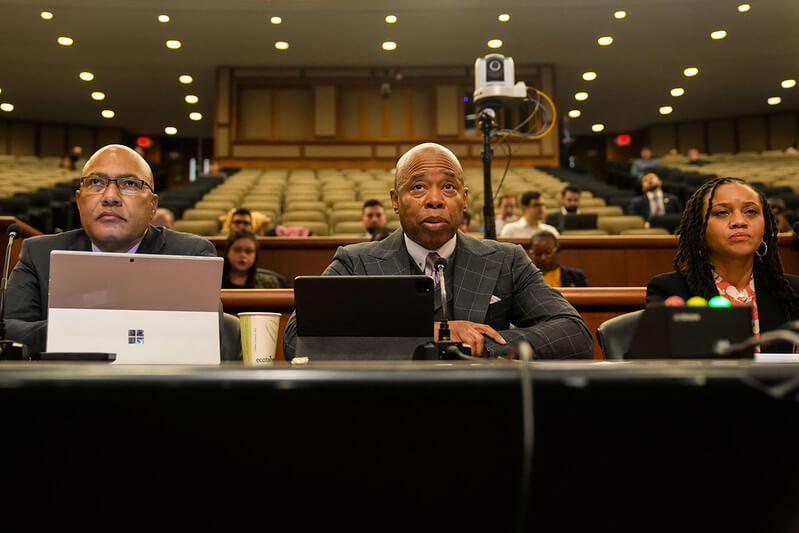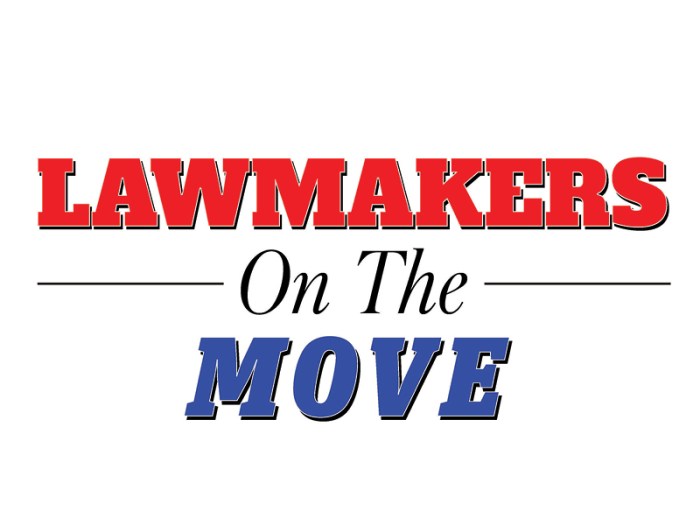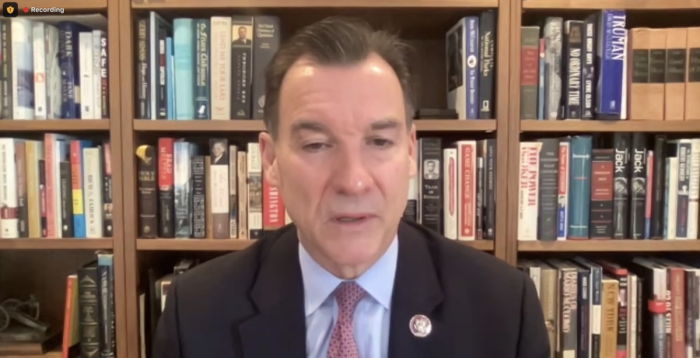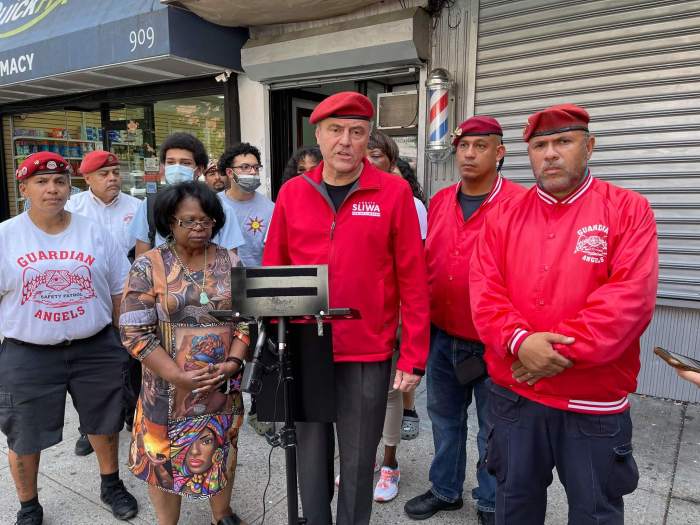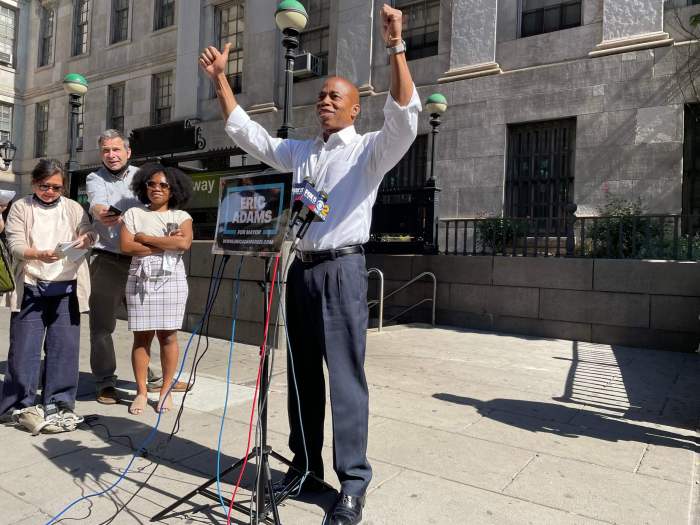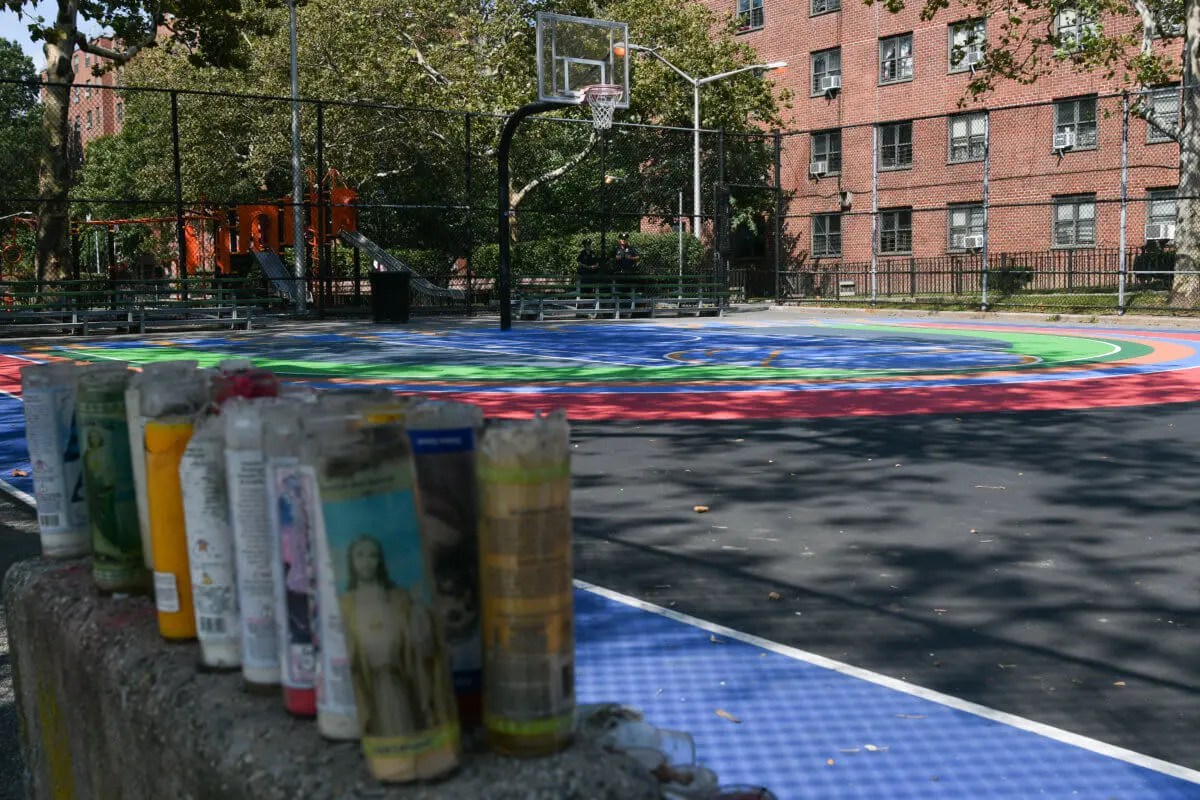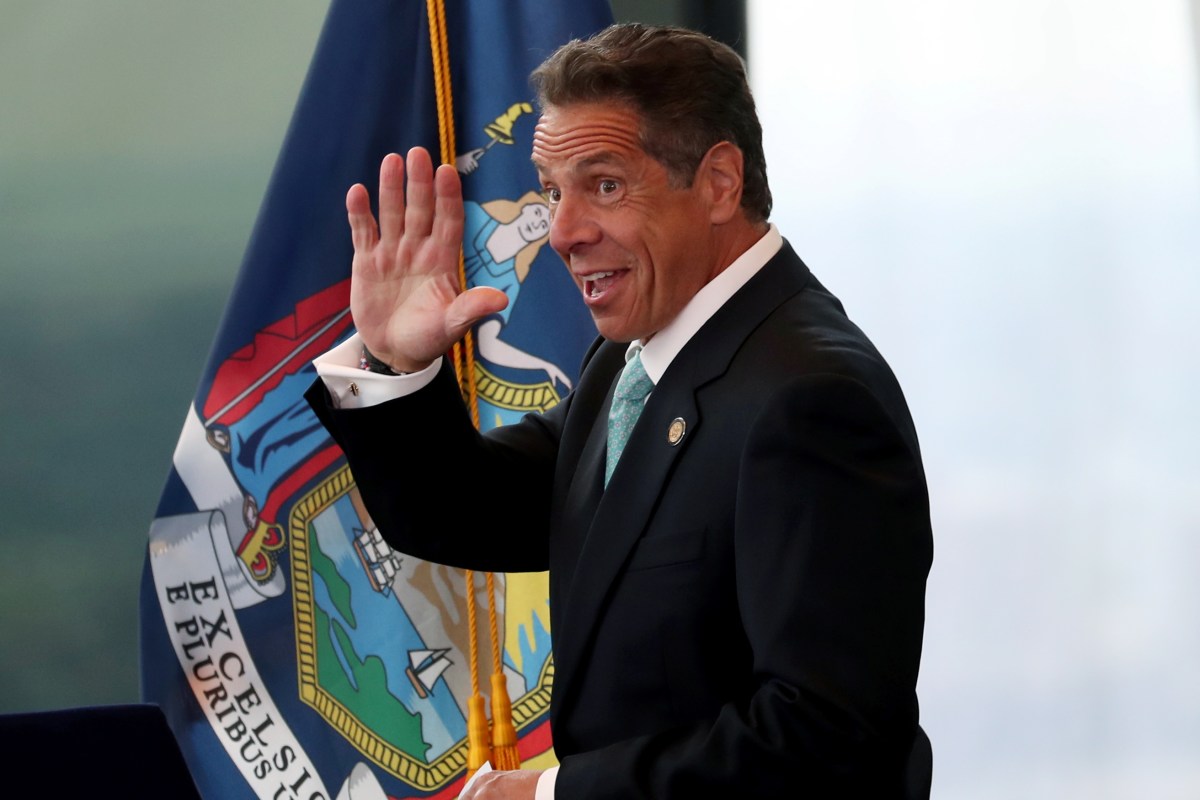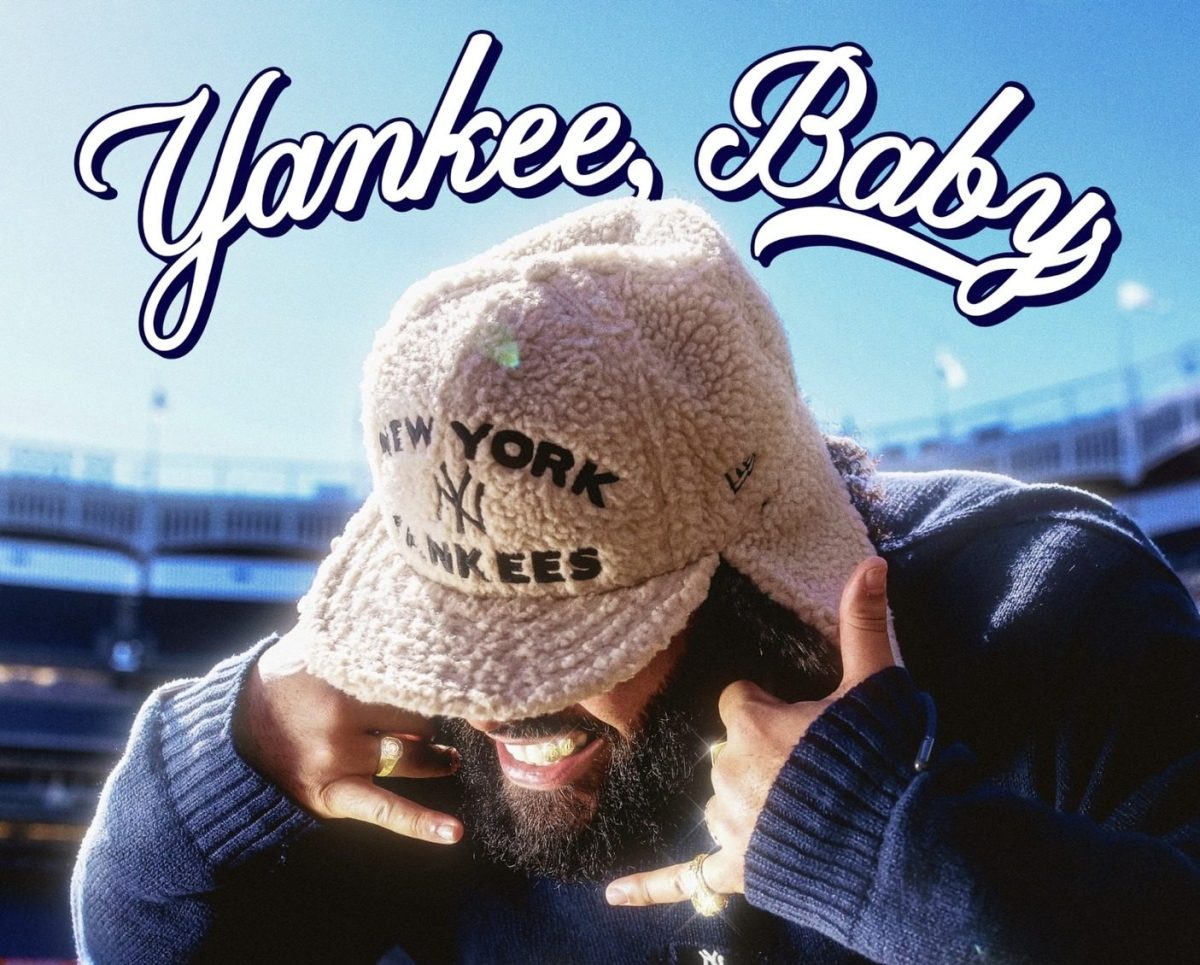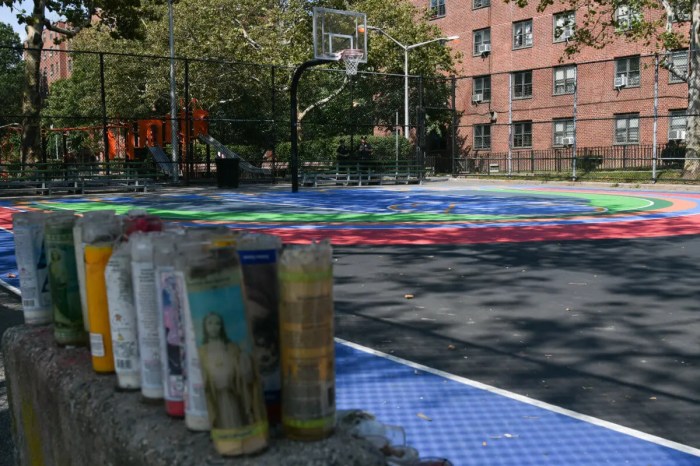I started my career as a transit police officer, so I know firsthand that subway safety is public safety. Our transit system is the key to getting to work, to school, visiting family and friends, and experiencing all that New York City has to offer. It makes life in our city possible. And everyone who uses this essential resource — regardless of their ethnicity, age, or gender — has the right to feel safe doing it.
One year ago, Governor Kathy Hochul and I announced a Subway Safety plan, where we promised to devote more resources to helping those experiencing homelessness and facing mental health crisis get the shelter and the care they need. We announced our plan to disburse more homeless outreach teams in our subways and train NYPD officers to enforce the system’s rules of conduct in a fair and transparent way, addressing the fare evasion and disorder that contributes to an unsafe environment. And we committed to improving collaboration between the state and city to effectively address safety concerns.
And this past fall, Governor Hochul and I took another bold step, announcing a historic surge of police officers to patrol subway platforms and trains. We added roughly 1,200 additional overtime officer shifts each day on the subway, dramatically increasing the police presence across the system.
We now have more police officers available to assist riders. Overall station inspections are up 43% in 2023 so far, compared to the same period in 2022. And we have stopped the cruel practice of just walking by people in need. Since announcing the first phase of our plan last February, we have removed the homeless encampments from our system and successfully connected more than 4,000 people facing homelessness with shelter and the assistance they deserve.
During the pandemic, subway ridership declined, and crime grew. Many riders, particularly women and people of color, sought alternative options, like the nanny who decided to bike to work in Brooklyn because of concerns about anti-Asian hate or the bartender who opted to split a cab with her co-workers because she didn’t feel safe on the system late at night.
It’s clear that our approach to making a safer subway system for these riders is working. As a result of our efforts, major crime in transit stations is down 18% since the beginning of 2023 through February 26th, compared with the same period in 2022. We are seeing the most riders on the system since the pandemic, and they are reporting an increased sense of security. In December, subway ridership topped 3.9 million people in one day, the highest number since the pre-pandemic period. Over 1 billion riders used the system last year. And with more people on the train looking out for each other, our system is feeling safer every day.
I take the subway and I talk to riders, transit officers, and MTA employees. They tell me that the feeling of normalcy is returning, and they encourage me to push forward. I hear them: we must continue to remain vigilant and keep building a safer system for all.
The New York City subway is the symbol of the greatest city on earth. It creates economic opportunities and access, improves traffic congestion, and makes the air better for everyone. Together, we will keep it safe and ensure that New York City remains the safest big city in the nation.



